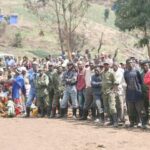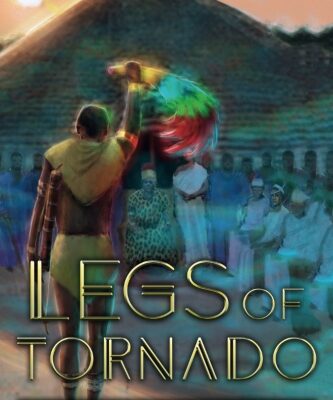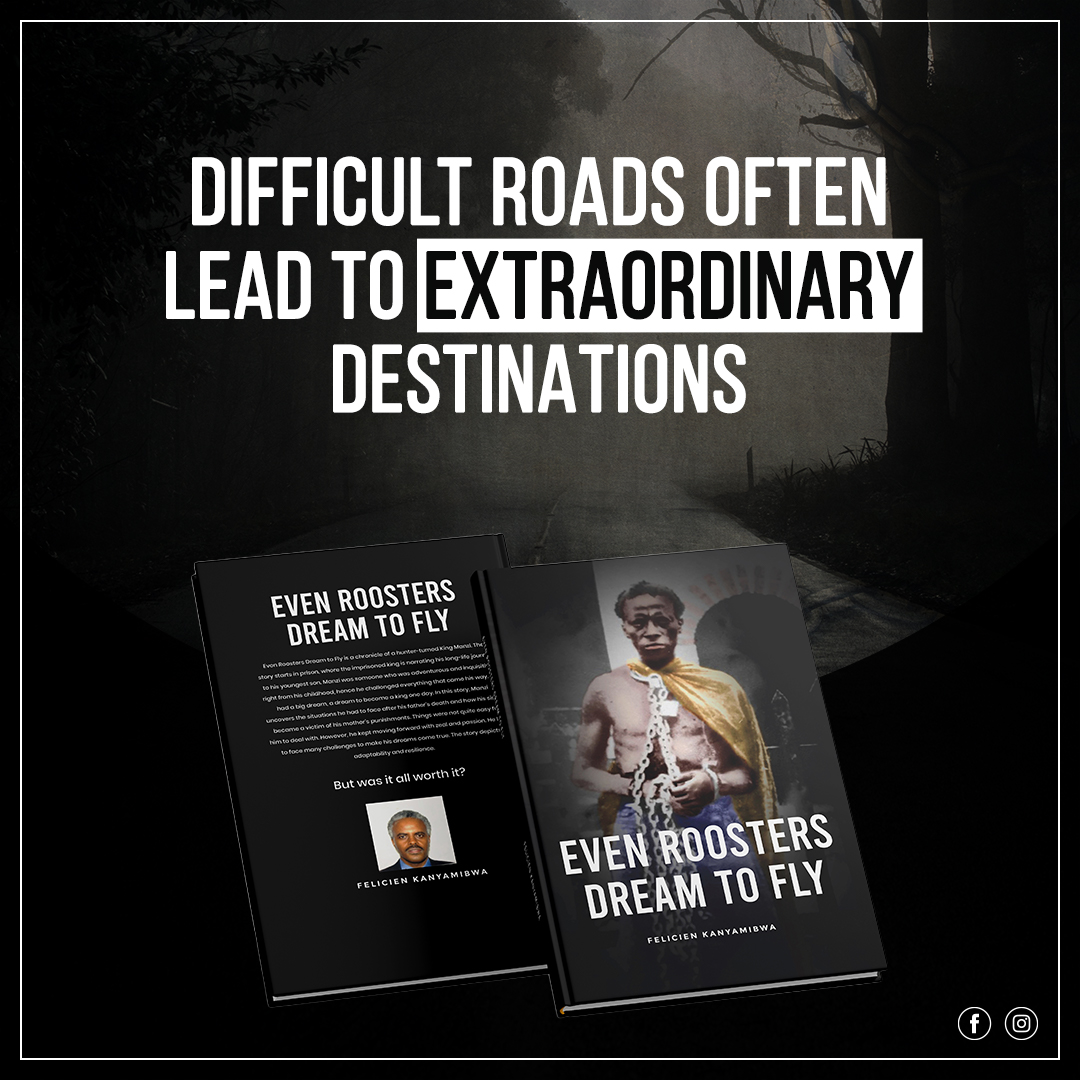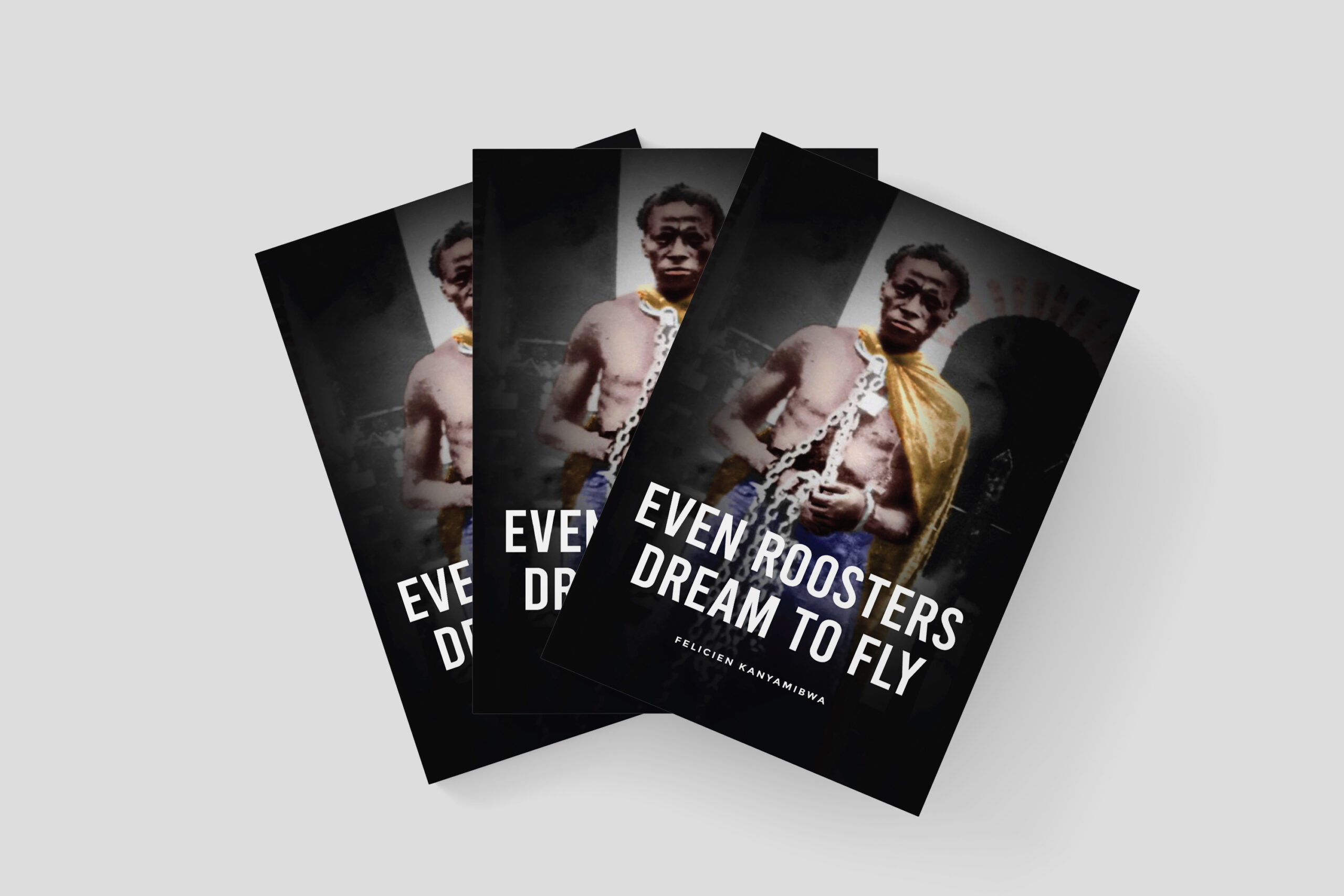 By David O’Brian, AfroAmerica Network Editor.
By David O’Brian, AfroAmerica Network Editor.
Cartoon: credit AgaculamamuKibunda
AfroAmerica Network has been following with ambivalence the election process in Rwanda. Ambivalence because for one, in the absence of a serious challenge, Paul Kagame was a sure successor to himself, and most importantly because, despite our persistent criticisms of how Paul Kagame is leading Rwanda, AfroAmerice Network wanted Paul Kagame to win. Why AfroAmerica Network wanted Paul Kagame, an notorious dictator to win? Because we believe that, with the win, Paul Kagame may redeem himself and show to the world, once for all, whether he is a true leader, who would earn his lasting place among the legendary greatest African leaders of the past or he is a modern day African despot who failed to take this opportunity to leave an immortal legacy. With his upcoming mandate, Paul Kagame has the chance to elevate himself to the ranks of Mandela and Sundiata Keita. If he fails, he will go in history as a brutal dictator, the like of Idi Amin of Uganda and Tippu Tip (Hamad bin Muhammad bin Jumah bin Rajab bin Muhammad bin Said al-Murghabi) , the notorious black governor in Zanzibar, Eastern Africa, a slave trader who sold his people.
To get a good feeling about the elections in Rwanda, we travelled to Washington, DC and talked to political analysts, human rights organizations, and Rwandan exiled opposition leaders, including Hutus and Tutsis. While all agreed that things must change in Rwanda, they overwhelmingly disagreed on what must be done. These disagreements were frustrating at best, but also an indication of the complexity of the political situation in Rwanda.
In Washington, DC, questions are being raised about the future of US policy towards Rwanda. Experts are mostly asking the US to press Paul Kagame on opening up to the real opposition or else face sanctions (see some of our articles in our African Great Lakes and Rwanda and DRC pages ). Human Rights organizations are simply asking the US to stop any aid until palpable and meaningful political changes are made. Rwandan Hutu opposition leaders are also divided. Some see the new term of Paul Kagame as a chance for a new beginning, but most see the condemnation in the media and by Western governments as a lifeline to the opposition. Tutsi opposition leaders confided to AfroAmerica Network that it may be a matter of months before General Paul Kagame is overthrown by his own ethnic comrades who dominate all the political, military, economical, and social structures. The majority of Tutsis contacted by AfroAmerica Network are excited about Kagame’s win, but are unanimous about one thing: it is time for a new era, an era of tackling unresolved challenges.
I pondered what to make of these contradictions and the Rwandan sectarian politics and got lost in my thoughts while driving between Washington, DC and Baltimore. Then I was brought to reality by a sudden stop of the traffic. In front of me was a huge truck. On the bumper was sticker with an inscription in large red characters: “What Would Jesus Do?” This struck me and I asked myself the question: “What would Paul Kagame Do?”
I have been writing about General Paul Kagame, denouncing his politics, his dictatorial ways of dealing with Rwandan political opposition, dissenters, and the media. In my earlier writings, I have attempted to propose some of the solutions as I saw it. But the bumper sticker at that moment made my quest about Rwanda politics hit home even more. The question lingered on my mind this morning of August 11, 2010, as I was listening to the interviews by National Public Radio Morning Edition journalist and host Renee Montagne of the Rwandan President Paul Kagame and the program by NPR All Things Considered journalist Michele Kelemen on August 9, 2010.
The NPR All Things Considered program: As Rwanda Voters Decide, Questions About US Policy (here) explained the challenges the US Government faces with Paul Kagame’s leadership and the NPR Morning Edition: LandSlide Win Gives Rwanda’s Kagame Another Term (here) interview challenged Paul Kagame and reminded him of the overwhelming condemnation.
Renee Montagne drew the attention of Paul Kagame that 90 % of votes indicates the lack of without opposition is not serious and asked why at this point in time he does not allow the opposition. Paul Kagame, instead of agreeing to the make things better, went on the defensive, accusing opposition of weakness and blaming all faults on the opposition leaders. But Renee Montagne pointed out that Paul Kagame is the one responsible for the situation by repressing and suppressing the opposition politicians.
Then, Renee Montagne concluded by warning Paul Kagame of the negative legacy he may leave behind: “an authoritarian leader with a vision” or “a benevolent dictator.”
This warning reminds of the tarnished image Paul Kagame has now in Washington, DC , in the media and around the World and this is what he should try to get rid off as he starts a new term. But, what “Would Paul Kagame Do?” to get rid of this negative image. To answer this, I will go back to my bumper sticker and think of what Jesus would do.
COURAGE TO FACE THE TRUTH
Kagame needs tremendous political courage to face the truth. The tide is turning against him and his image has at the late received a beating. UK and US are asking questions and wondering what is next. Human rights organizations are pressuring their governments to do something (see here) He is running a divided house, his friends are abandoning him, his supporters are on the defensive, and his enemies are emboldened. It is not time for being on the defensive, it is time to own the mistakes made and correct them.
EMBRACE FORMER ENEMIES
Kagame needs more political skills than ever before. He needs to embrace his worst traditional enemies and convert them into allies, if he wants to avert the alliance between his new and old enemies. I attended some discussions in which there were questions of seeing Kagame form a new government where opposition leaders, both from armed groups and unarmed political organizations would play prominent roles. Some in the meetings wondered how this is possible when the leaders of the four main opposition groups have serious problems with President Paul Kagame and his Tutsi government: FDLR leaders, Ignace Murwanashyaka and Straton Musoni are in jail in Germany, FDU president, Victore Ingabire is accused of crimes, PSI President, John Bosco Ntaganda is in prison, RUD-Urunana leaders, John Mary Vianney Higiro and Felicien Kanyamibwa are accused by the Rwandan Government of seeking to overthrow the government. However, most agreed that that is where Paul Kagame can show his political acumen and leadership skills: by inviting one or all of these political organizations to participate in his government, at the highest level,. FRELIMO of Mozambique accepted to negotiate with RENAMO and integrate most of its political leaders and soldiers. Paul Kagame and RPF can do the same with FDLR and RUD-Urunana and integrate most of their political leaders and soldiers. Like Buyoya of Burundi, he can accept to split his term in half, becoming President in the first half, and Vice -President in the second, while an opposition figure becomes a Vice-President in the first half and President in the second half.
KNOW WHEN TO EXIT.
One of the main qualities recognized in Jesus is that he knew when his time on Earth was up. A true leader knows when it is time to let other take up the mantle of leadership. They approach that time with great anticipation, knowing that they have done their best and are ready to enjoy their lives as respected and admired elders and sages.
The discussions we had with politicians and political analysts in Washington, DC on this issue centered on the dilemma Paul Kagame faces: the Spanish and French indictments, the American pending case, and CPI. However, some found that by embracing former enemies and agreeing to exit in the near future, Paul Kagame may negotiate an honorable exit. Several African presidents did it, according to some interlocutors: Jerry Rawlings of Ghana, Pierre Buyoya of Burundi, Frederik DeClerk of South Africa. In the meetings and conversations, most people pointed to these leaders who, after overseeing governments accused of horrendous crimes, agreed to share power with their sworn enemies, some exiting in their mid-term, and leaving the country leadership to the former enemies, either becoming deputy (Frederik DeKlerk) or just taking care of other businesses (Jerry Rawlings). The conditions were: amnesty from persecution for all past political crimes, real or perceived.
The solutions negotiated and worked out in all these countries helped to set up a peaceful transition to democracy. Ghana, Mozambique, and South Africa are now perhaps the most successful democratic governments in Africa. Jerry Rawlings, Frederik DeClerk and Pierre Buyoya remain among the most admired leaders in Africa, who had the courage to face the truth, embrace their former enemies, and know when to exit. If they did, Paul Kagame and his RPF also can.
As I was writing this article, I heard the Rwandan Government has asked human rights activist to help review some of the most repressive laws in the Rwandan judicial system. It is a start. But laws may not serve anything if the people who enforce them are questionable. Laws need credible institutions. Credible institutions allow for owning up to the truth, dissent and periodic changes in leaders.
By David O’Brian, AfroAmerica Network Editor
©AfroAmerica Network. All Rights Reserved. August 11, 2010.









